The GST rates applicable to flat purchases remain consistent with previous years, ensuring stability and predictability for both buyers and developers.
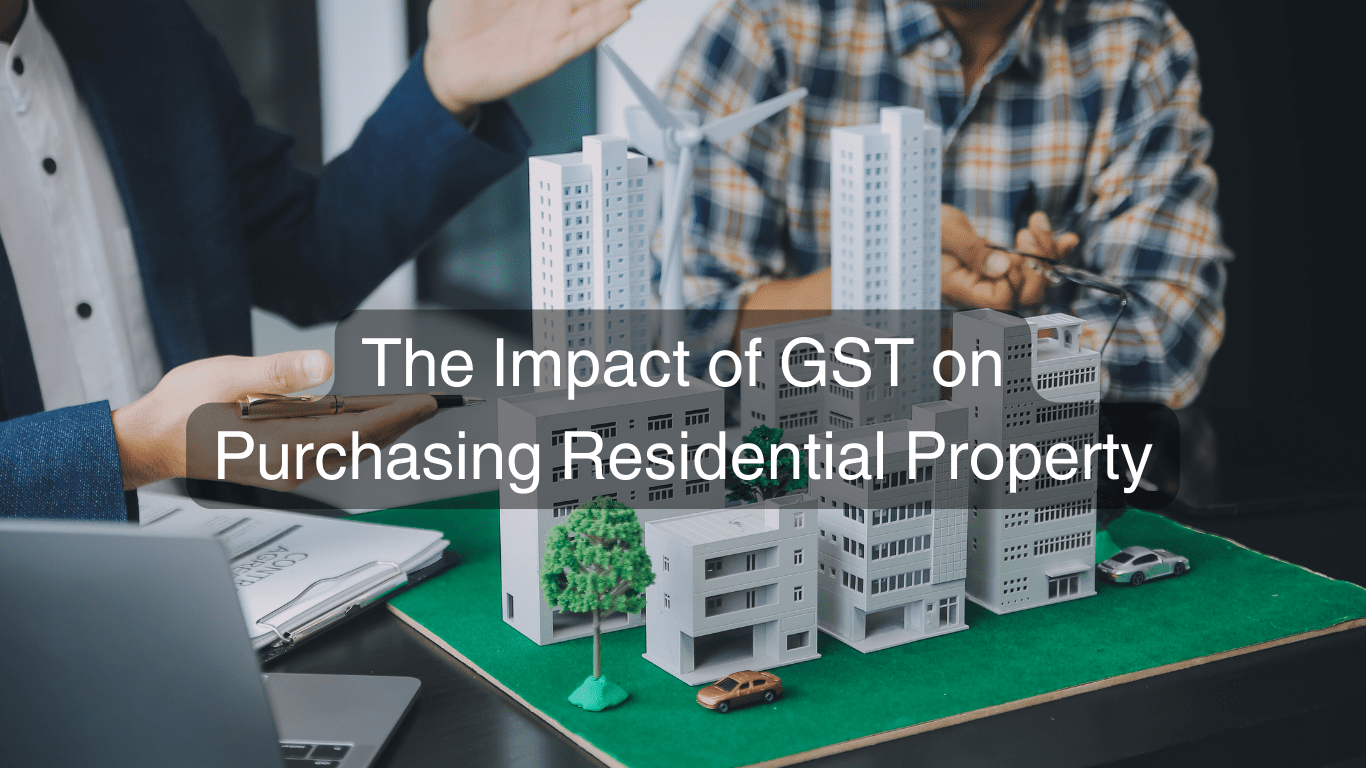
Before the Goods and Services Tax (GST) was implemented in India on July 1, 2017, the taxation system on residential property purchases was complex and involved multiple indirect taxes. Buyers had to navigate through service tax, Value Added Tax (VAT), stamp duty, and registration charges, leading to a convoluted process. The service tax was levied by the central government on construction services, whereas VAT was a state-level tax on the sale of goods, applicable on under-construction properties. These taxes varied from state to state, causing inconsistencies and confusion among buyers.
What is the GST rate for purchasing a flat in the financial year 2021-22?
In the financial year 2021-22, the GST rates on residential property purchases were set at:
5% on residential properties outside the affordable housing segment without the benefit of an Input Tax Credit (ITC).
1% on affordable housing properties, also without ITC.
These rates were applicable to under-construction properties or ready-to-move-in properties where the completion certificate had not been issued at the time of sale. Completed properties and resale properties were exempt from GST.
GST for Purchasing Flat in 2024
As of 2024, the Goods and Services Tax (GST) regime for purchasing residential properties continues to offer a streamlined and simplified tax structure for buyers. The GST rates applicable to flat purchases remain consistent with previous years, ensuring stability and predictability for both buyers and developers.
Current GST Rates for Residential Properties in 2024
The GST rates for residential properties in 2024 are:
5% GST on non-affordable housing properties without the benefit of Input Tax Credit (ITC).
1% GST on affordable housing properties without ITC.
These rates apply specifically to under-construction properties or those for which the completion certificate has not been issued at the time of sale. Ready-to-move-in properties where the completion certificate has been issued and resale properties are exempt from GST.
Affordable Housing Criteria
Affordable housing in 2024 continues to be defined based on specific criteria set by the government to encourage homeownership among a broader segment of the population. The criteria are:
In Metro Cities: Residential units with a carpet area up to 60 square meters and a value up to ₹45 lakhs.
In Non-Metro Cities: Residential units with a carpet area up to 90 square meters and a value up to ₹45 lakhs.
These criteria ensure that the benefits of lower GST rates are extended to a substantial portion of the population, promoting the growth of affordable housing in India.
Benefits of GST on Property Purchases
The implementation of GST on property purchases continues to offer several benefits:
Simplified Tax Structure: By replacing multiple taxes (such as VAT, service tax, and others) with a single GST, the tax system has become more straightforward and easier to navigate.
Transparency and Accountability: GST has improved transparency in the real estate sector, reducing the incidence of tax evasion and ensuring that transactions are more traceable.
Uniformity Across States: The standardized GST rates eliminate discrepancies and variations across different states, creating a uniform market for real estate transactions.
Why Does GST Positively Impact Real Estate?
The implementation of GST has brought several benefits to the real estate sector:
Simplified Tax Structure: GST replaces multiple taxes (like VAT, service tax, etc.) with a single tax, making the taxation process more straightforward and easier to understand.
Reduced Tax Burden: By eliminating the cascading effect of taxes on taxes, GST lowers the overall tax burden on buyers.
Increased Transparency: GST enhances transparency in property transactions, reducing the likelihood of tax evasion and ensuring more accountable dealings.
Uniformity Across States: GST provides a standardized tax rate across all states, eliminating discrepancies and creating a uniform market.
Boost to Affordable Housing: Lower GST rates for affordable housing make it more accessible, encouraging the growth of this sector.
Conditional GST Charges on Flat Purchases
GST is applicable under certain conditions:
Under-Construction Properties: GST is levied on properties under construction, where the completion certificate has not been issued.
Contract Agreements: If a contract for the purchase of a flat is signed after the issuance of the completion certificate, no GST is charged.
Resale Properties: No GST is applicable on resale properties.
What is Affordable Housing?
Affordable housing is defined based on specific criteria set by the government:
Metro Cities: A residential unit with a carpet area of up to 60 square meters and a value of up to ₹45 lakhs.
Non-Metro Cities: A residential unit with a carpet area of up to 90 square meters and a value of up to ₹45 lakhs.
These criteria help promote housing affordability and ensure that more people can own homes.
Real Estate Registration and Stamp Duty
In addition to GST, buyers need to pay stamp duty and registration charges on property transactions. These are state-specific and vary widely:
Stamp Duty: Typically ranges from 5% to 8% of the property value.
Registration Charges: Usually around 1% of the property value.
These charges are mandatory for legally documenting the transaction and transferring property ownership.
GST on Housing Society Maintenance Fees
Maintenance charges levied by housing societies are also subject to GST:
Applicable Rate: 18% GST is charged if the maintenance fees exceed ₹7,500 per month per member.
Exemption: If the fees are below this threshold, no GST is applicable.
Taxing Luxury: Exploring the Effects of GST on High-End Properties in India
High-end properties or luxury housing are subject to the standard 5% GST without ITC. This segment includes:
Properties with high-end amenities.
Expensive locations with higher market values.
The GST on luxury properties ensures a higher tax collection from premium real estate, balancing the lower rates on affordable housing.
How to Calculate GST on Flat Purchase 2024-25?
Step 1: Determine Property Type
Affordable Housing:
Metro Cities: Carpet area up to 60 sq. meters, value up to ₹45 lakhs.
Non-Metro Cities: Carpet area up to 90 sq. meters, value up to ₹45 lakhs.
Non-Affordable Housing: Properties exceeding the above criteria.
Step 2: Identify Applicable GST Rate
1% GST for affordable housing without Input Tax Credit (ITC).
5% GST for non-affordable housing without ITC.
Step 3: Calculate GST Amount
GST Amount=Property Value×Applicable GST Rate\text{GST Amount} = \text{Property Value} \times \text{Applicable GST Rate}GST Amount=Property Value×Applicable GST Rate
Examples
Affordable Housing (Metro City)
Property Value: ₹40 lakhs
GST Rate: 1%
GST Amount=₹40,00,000×1%=₹40,000\text{GST Amount} = ₹40,00,000 \times 1\% = ₹40,000GST Amount=₹40,00,000×1%=₹40,000
Non-Affordable Housing
Property Value: ₹80 lakhs
GST Rate: 5%
GST Amount=₹80,00,000×5%=₹4,00,000\text{GST Amount} = ₹80,00,000 \times 5\% = ₹4,00,000GST Amount=₹80,00,000×5%=₹4,00,000
Additional Costs
Remember to factor in stamp duty, registration charges, and maintenance fees, which are separate from GST.
Unlocking the Potential of Input Tax Credit under GST in India
The Input Tax Credit (ITC) mechanism allows developers to claim credit for the GST paid on inputs and services used in construction, reducing their overall tax liability. However, the benefit of ITC is not passed on to homebuyers under the current GST rates of 1% and 5%, as these are without ITC.
FAQs
Is GST applicable on resale flats?
No, GST is not applicable on resale flats.
Do I need to pay GST on ready-to-move-in properties?
No, if the completion certificate is issued, GST is not applicable.
What is the GST rate for affordable housing?
The GST rate for affordable housing is 1%.
Can I claim ITC on my flat purchase?
No, ITC is not available for buyers under the current GST rates of 1% and 5%.
Are maintenance charges in housing societies taxable?
Yes, if the maintenance fees exceed ₹7,500 per month, an 18% GST is applicable.
How does GST benefit the real estate sector?
GST simplifies the tax structure, reduces the cascading effect of taxes, and promotes affordable housing.

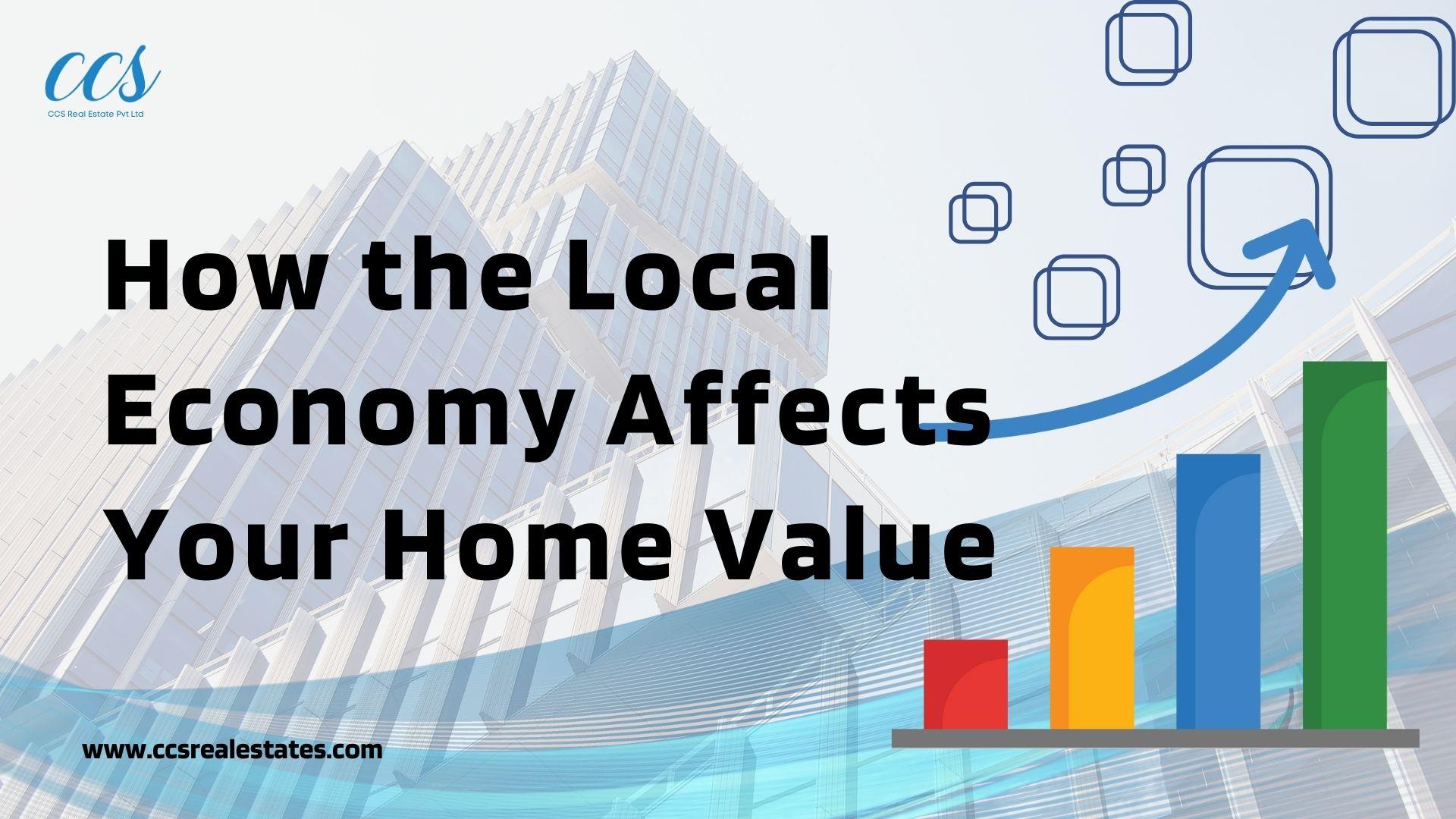


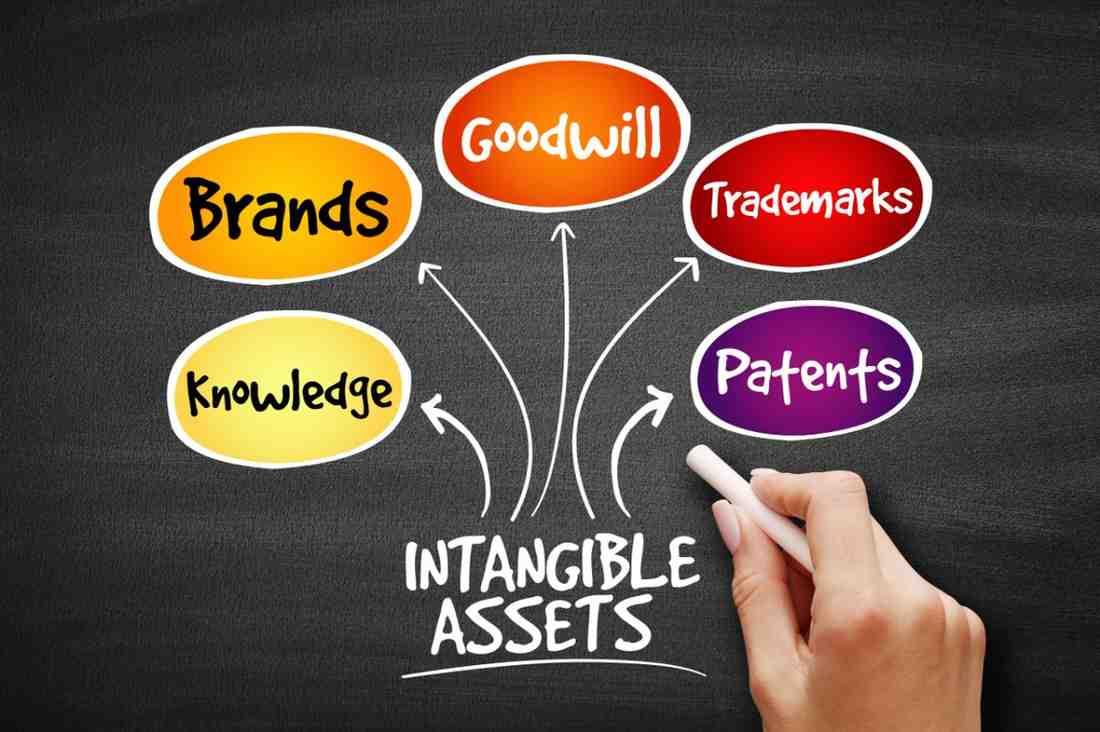
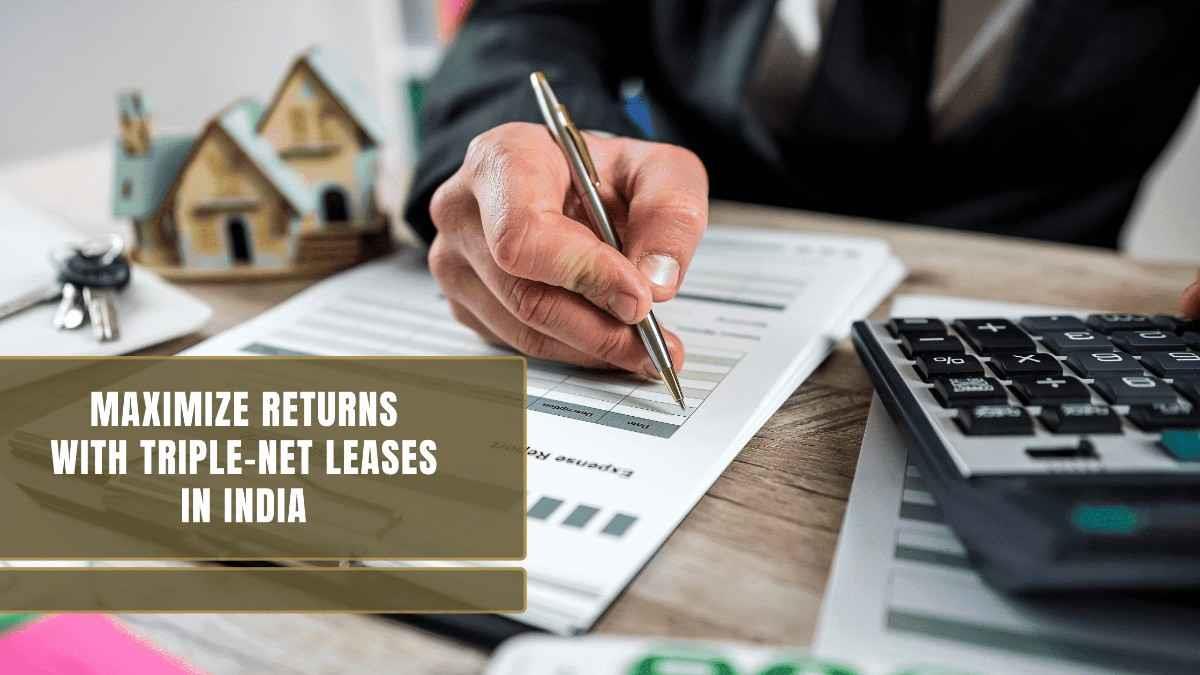
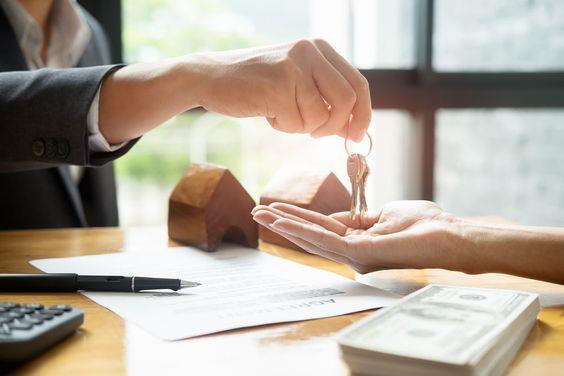











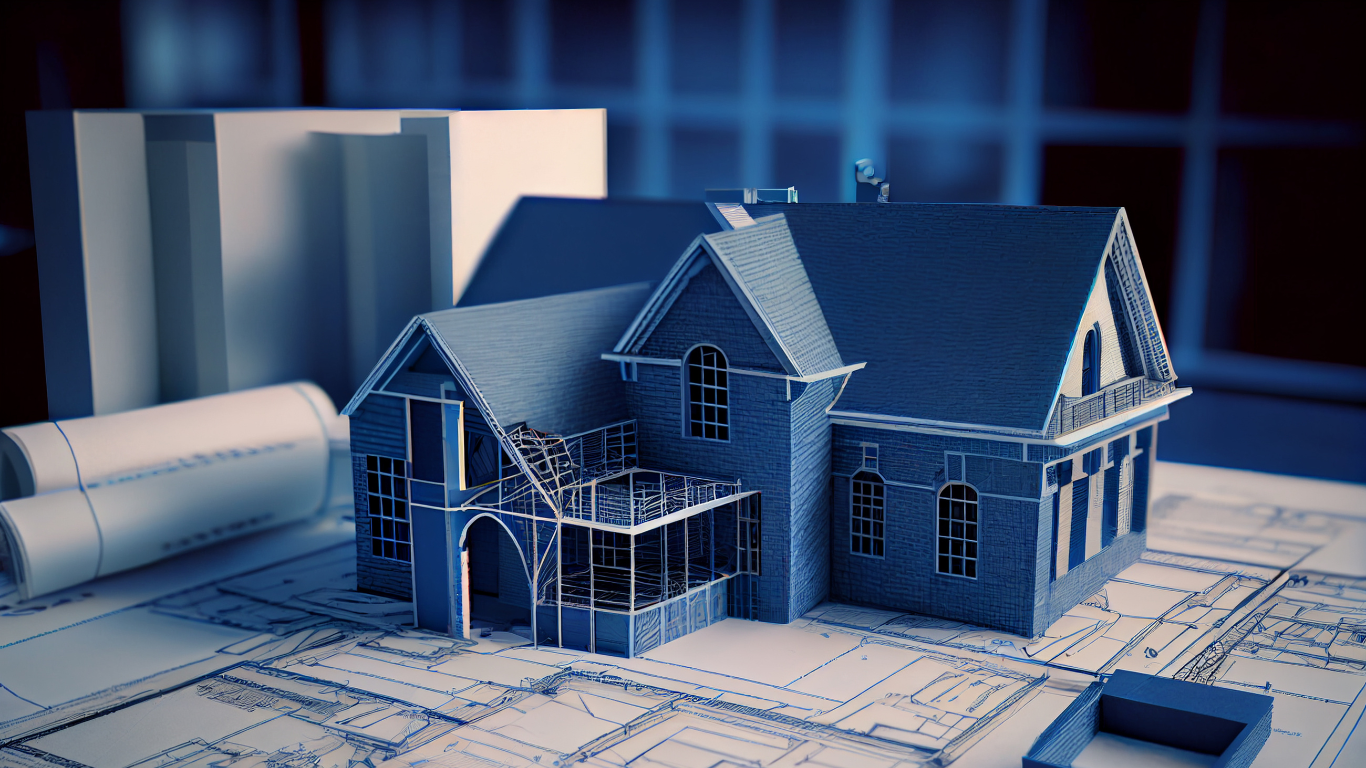





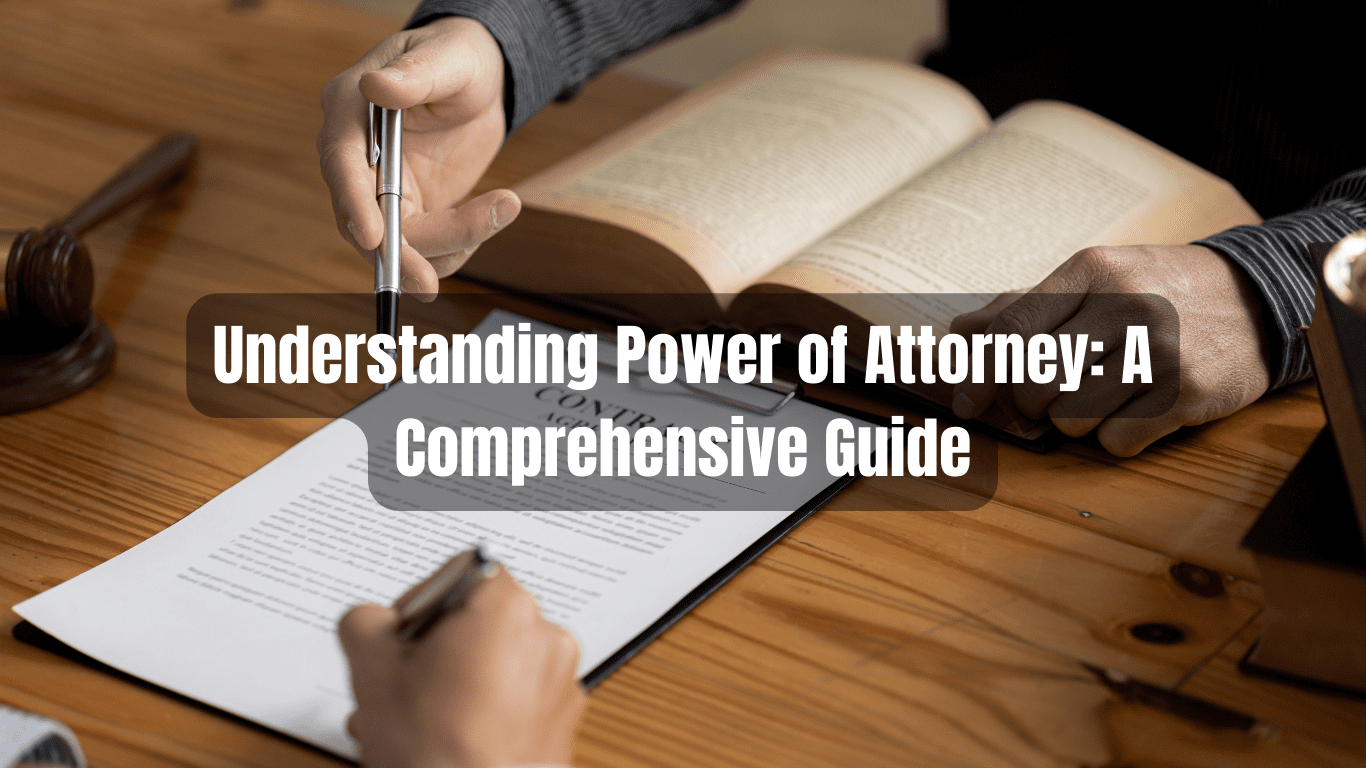






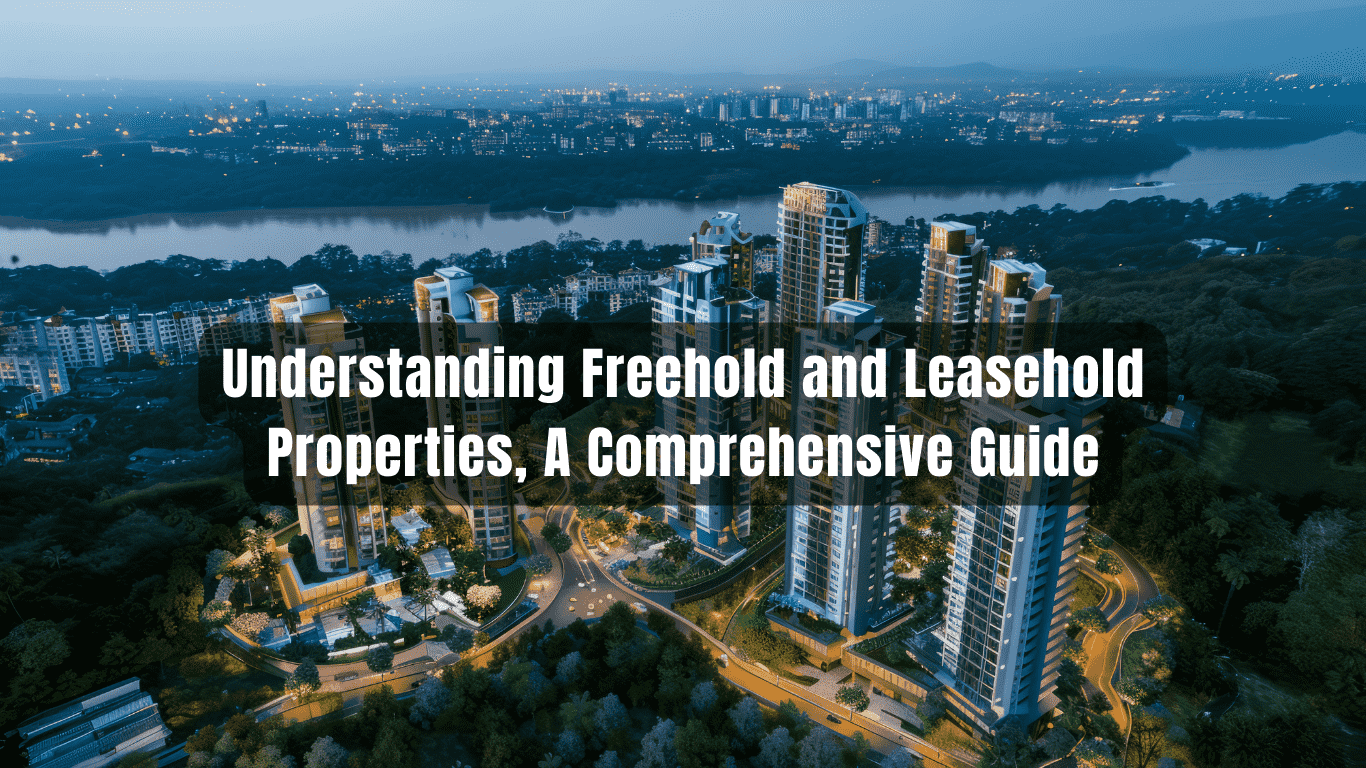


.png)
-min.png)
-min.png)
-min.png)
-min.png)







.png)









